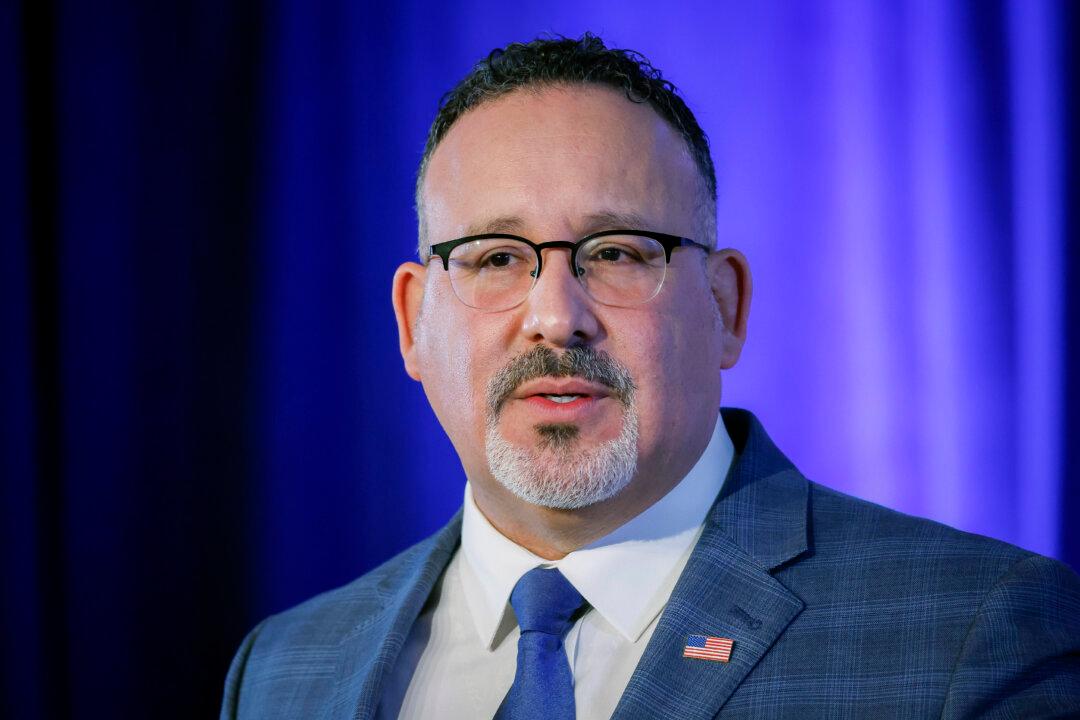President Joe Biden’s administration has been given the green light to move forward with a key part of a new program for some people with student loans while legal challenges to the plan are weighed by courts.
A divided panel of the U.S. Court of Appeals for the 10th Circuit stated in a June 30 decision that it was lifting an injunction that had blocked the administration from starting the program known as the Saving on a Valuable Education (SAVE) plan.





